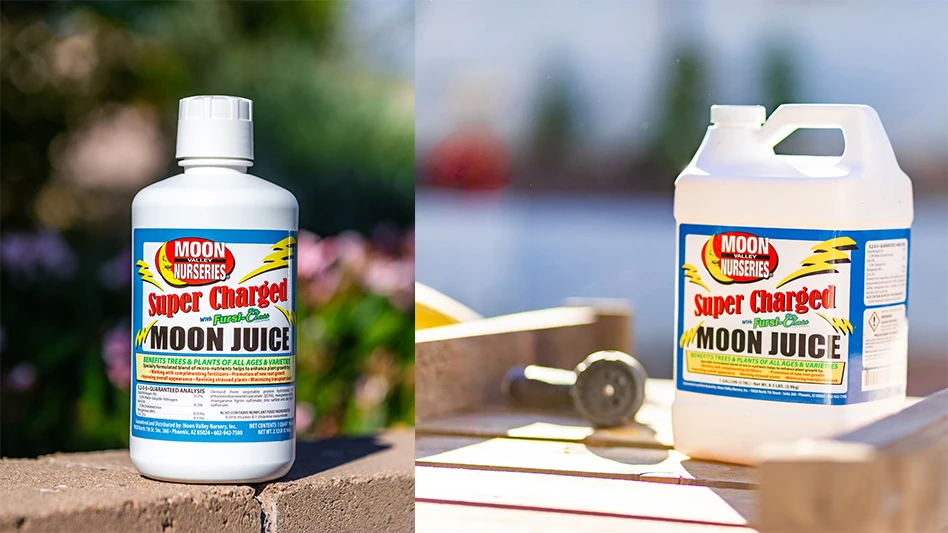 Josh Schneider Josh Schneider |
Throughout the spring, I spent quite a bit of time at my local garden center here in San Diego watching how customers interact with the merchandise. It seems to me that merchandising decisions are made on the basis of several competing needs that often are not harmonized—but could be. If we divide the customers into two main groups, we have one group that is on a mission because they know exactly what they want. They are coming for their Supertunias or Knock Out Roses or Early Girl Tomatoes, and the only barrier they face is finding what they’re looking for, which can be a challenge in itself. The second group comes to the garden center knowing they want something, but aren’t sure just what it is. My guess is that, especially during the busy spring season, up to half your customers are in Group Two. This means they are looking for information to build a foundation on which to make their purchasing decisions. These consumers want to find products and ideas that will help them be successful with their gardening projects. And because fear of failure is a big “de-motivator” for many would-be gardeners, your ability to provide the solutions they seek can make or break your garden center in their minds. Gardening requires a substantial investment of time, and helping the customer maximize that time investment will pay dividends for the garden center’s brand later. A new breed of customers I recently talked with at least 10 people who I would put into the “Young Enthusiast” category of beginner gardeners. These people were totally overwhelmed by the more than 40 varieties of tomatoes on offer, as well as the countless peppers and other veggies and herbs. They had no idea of, say, the difference between determinate and indeterminate and didn’t realize why this was relevant to their purchasing decision. This beginner customer is in desperate need of education about the basics of gardening before he or she can even start to decide what they want; yet most garden centers spend more of their time working on simply stocking the shelves and answering customer questions than in creating a system to meet the needs of this large block of beginning customers. The value in developing a means to educate the customer in-store would seem to be enormous, so why do we simply assume that we will be able to talk to everyone who has a question and provide them with the information that they need? Perhaps our thought is that they will have done the work ahead of time, but that seems awfully optimistic, given that these are BEGINNING GARDENERS. Then, in the busy spring, the staff members inevitably tire of answering the same questions, and their collective response evolves into a clipped and sometimes even curt way of addressing inquiries. Here's an idea Develop a kiosk system or wall of signage that speaks the language of new gardeners. It could easily be crafted over the winter during our downtimes. Or, better yet, why not enlist the services of an enterprising company that caters to garden centers and that specializes in helping provide answers to obvious customer needs? I envision a large group of sign panels that would show with photos or drawings and clearly written copy the simple steps for “How to grow flowers or vegetables in containers,” that aids in “Choosing a spot for a vegetable garden,” that outlines “The top 10 tomato varieties for your area,” that illustrates “How often to fertilize,” that provides “The definitions for the terms full- and part-sun” that … well, you get the gist. You know the questions that your customers ask over and over. I see these new gardeners as being the basis for tomorrow’s business. Doesn’t it make sense to help educate them? Being their “Gardening Alma Mater” would make it far more likely to have them as a relationship rather than as just a transaction.
|

Explore the June 2011 Issue
Check out more from this issue and find your next story to read.
Latest from Garden Center
- Society of American Florists accepting entries for 2025 Marketer of the Year Contest
- Sustainabloom launches Wholesale Nickel Program to support floriculture sustainability
- American Horticultural Society welcomes five new board members
- Color Orchids acquires Floricultura Pacific, becoming largest orchid supplier in U.S.
- American Floral Endowment establishes Demaree Family Floriculture Advancement Fund
- University of Florida researchers are securing the future of floral fragrance using caladium
- The Growth Industry Episode 3: Across the Pond with Neville Stein
- Proven Winners offers Certified Garden Center Training for staff education






